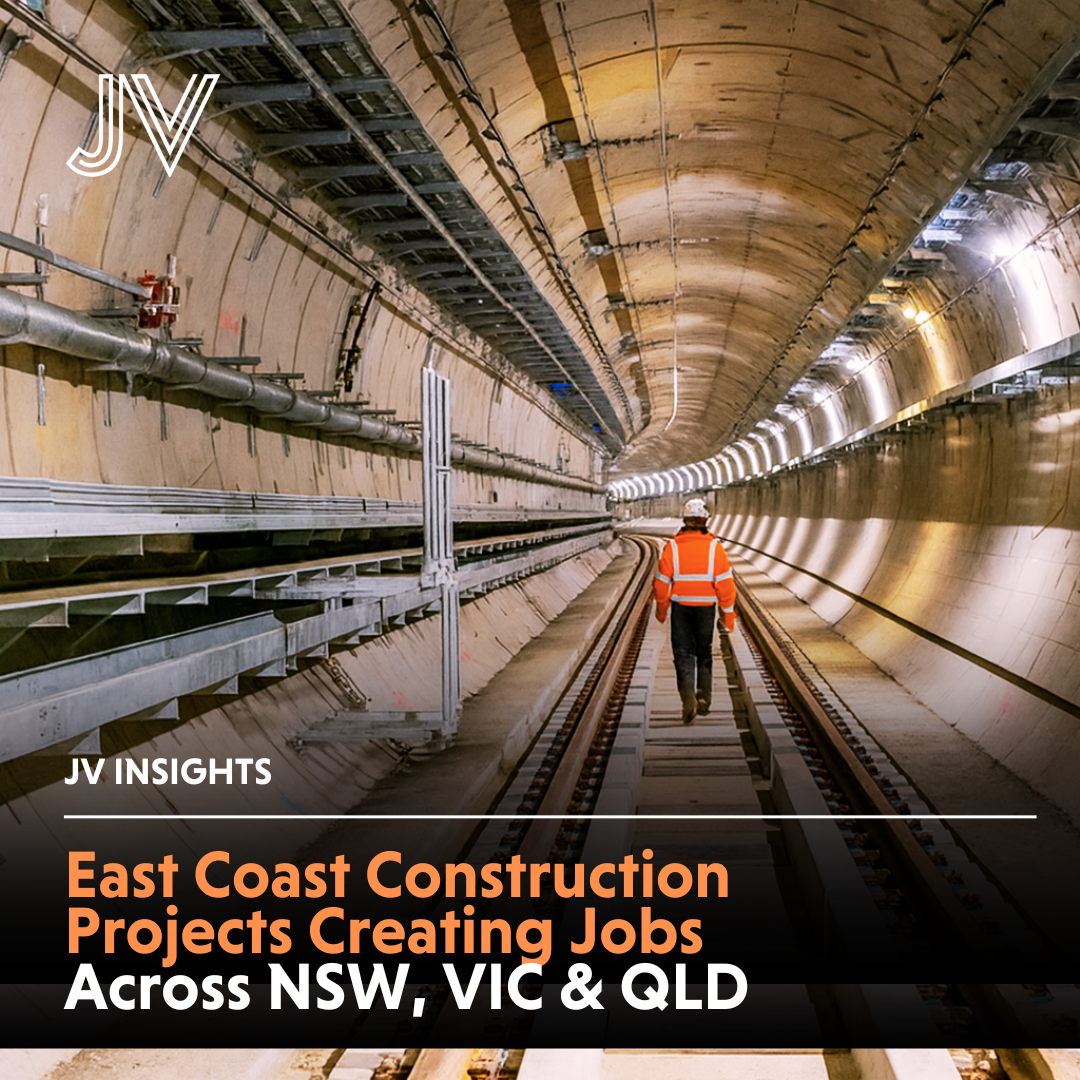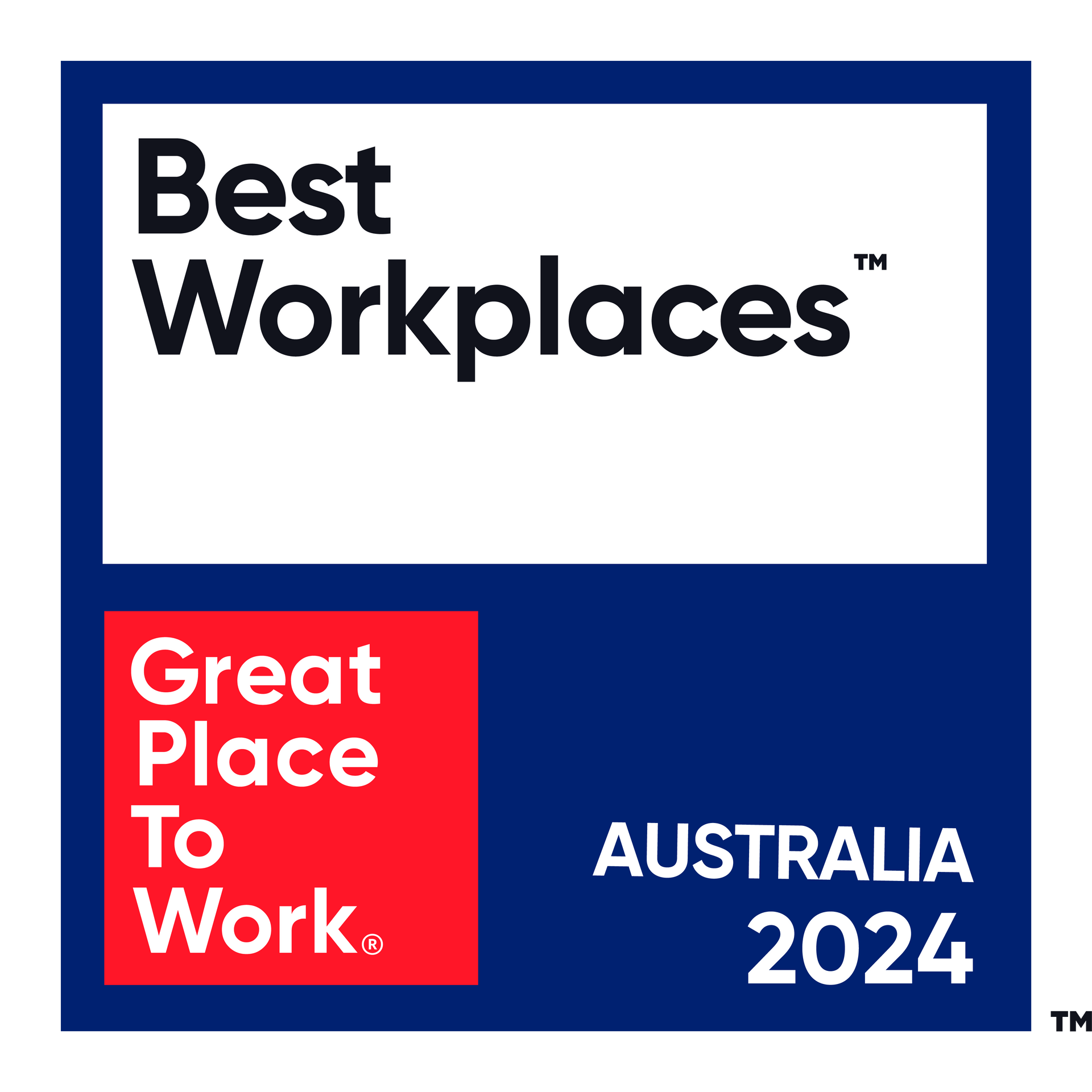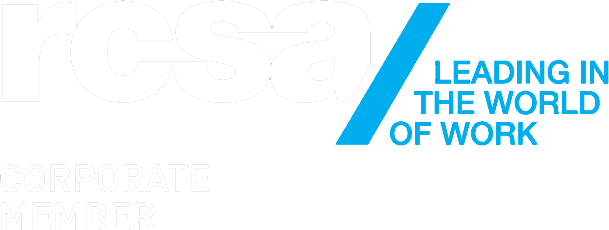How to make your mark on commercial and infrastructure projects
Aaron Gould • October 7, 2020
With over 10 years in the construction industry, my team and I have placed tens of thousands of people into construction jobs in Victoria. The number one question we get asked here at JV Recruitment is “how do I get work on commercial or infrastructure sites?”
It’s not hard to see why as there are so many great projects currently underway or about to start. Metro tunnel, Westgate tunnel, level crossing removals, freeway extensions, road upgrades and multiple large commercial tower projects such as West End, Collins Arch and Melbourne Quarter. Despite the recent lockdown, it’s an exciting time to be working in construction!
Here are some of our suggestions on how to seek out construction job opportunities with new projects and/or companies.
Research the company or project
Find out everything you can about the companies or projects you want to work with/on. Who is the builder? Who are the subbies? Do you know anyone working for these companies?
Go to their website and look up whether they have any vacant roles.
More and more, companies will have an employment or jobs section on their website and may be looking for people right now.
Identify what stages are involved in the project and where it’s currently at
Try to find out what stage the build is at. Have they just won the tender? If they have started the ground works or if they have started the structure. Knowing all of this information gives you the best chance of getting a start on site.
Chances are, if a site has just finished a major stage a few weeks ago, then construction sites are less likely to want new workers on-site if they have just finished, right?
It can work the other way too. If a site is under pressure to complete a stage, it's likely they'll need additional labour at this time, so it may be your chance to get your ‘foot in the door.’
Follow the company or project on social media
Once you know who the company is behind the project, it’s time to follow them on social media and connect with the right people. Connecting on social media allows you to maintain your knowledge of the company and their projects. Many companies use Instagram, Facebook and Linkedin frequently as it's a great way for them to showcase their work.
Lastly, LinkedIn is a great, under-utilised tool by the majority of workers as it's often where you can find out exactly who you need to speak to. Site Managers, Superintendents, Project Managers, HR personnel etc, will all be on LinkedIn. Connect with them all but a hot tip here is to make sure you add a note explaining why you’d like to connect, to offer some context. Doing this is more likely to result in the person accepting your connection request.
Calls
Go ‘old school’ and simply Google the company you want to work for, call them and ask to speak to ‘someone about employment’ whether it's the Site Manager, someone in the construction team, or someone in HR. It’s simple, it won’t work all the time, but it will often produce results.
Often, construction businesses outsource their jobs to construction recruitment specialists like JV Recruitment, so endeavour to find out who they use to recruit staff, or who they’d recommend.
The benefits of connecting with a specialist agency like JV Recruitment is that we often have insight into projects that aren’t yet even advertised, so by building a relationship with our team, you’ll be ahead of the game!
You’ve done your research. It’s now time to reach out!
Once you know who has the work, and you know who the construction team is, it’s time to send them or their preferred construction recruitment agency
a message enquiring about work opportunities. This may seem a little foreign but, you miss 100% of the shots you don’t make.
Use all contact platforms that you have access to. Email or message through social media, HR or the site team. You don’t need to write an essay, but you do need to get the right information across in a concise message. Remember, those hiring a large number of construction staff for a project are likely to have limited time and attention!
Include a short paragraph highlighting who you are, what your experience is, tickets you have, and ask if there are any opportunities for employment.
Visit the site, but wear your PPE!
Go to the construction site, find the site office and ask to speak with someone. It really is that simple but a lot of people don’t do it as it can be uncomfortable.
Make sure you look presentable, wear your PPE and have a resume that you can drop off. This step will take some time as you’ll go from site to site but it definitely pays off.
Some sites will refer you to their preferred construction recruitment agency, so make sure you are ready to take down details of who you should contact.
Rinse and repeat
Repeat: such an important step. Do not expect to do all of this once and land the job of your dreams. It takes perseverance.
You need to keep casting that net far and wide, you need to keep your finger on the pulse as to what’s happening on-site and in the industry (even more so in a Covid year), and you need to make sure you’re speaking to the right people. Worst case scenario is that you make a lot of contacts that you may find useful in the future throughout your career progression.
The last thing I’ll leave you with is that this won’t work for every company or project. If it did, everyone would do it, but it’s what I’ve found works best most of the time. These steps need to be fluid and adaptable. Every company works differently and what works for commercial high-rise projects doesn’t always work for rail removal projects and vice versa. It’s all about patterns. You’ll discover what works for each sector and company. After that it’s all up to you.
Happy hunting.
If you are currently seeking to build out your construction workforce, or if you are looking for work in construction, manufacturing or engineering, reach out to Aaron Gould or the team
at JV Recruitment. Contact us by calling 9377 5800.

At JV Recruitment, we work with some of the best in the business — people who know and appreciate great construction when they see it. We asked a few of our team members to share the buildings or developments that have stuck with them — structures that inspire, impress, or just feel special. Here’s what they had to say...







